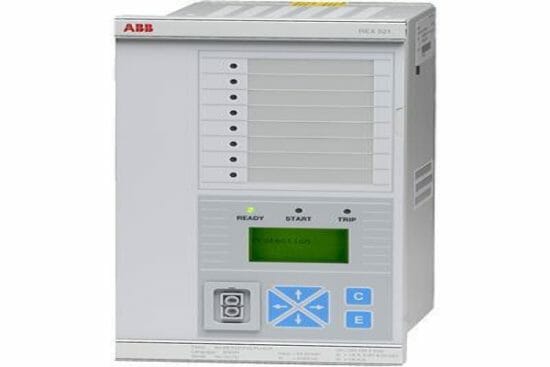- Course No.: E – 1652
- PDH Units: 3
No data found for Custom Course Number
No data found for Custom Course Units
- Course No.: E – 1652
- PDH Units: 3
Intended Audience: Electrical and general engineers
PDH UNITS: 3
The graded overcurrent protection design, though quite simple, do not meet all the protection demands of an electrical power system. Application issues are experienced for two reasons: firstly, acceptable grading cannot be accomplished for a complex electrical system, and secondly, the protection adjustments may lead to maximum operating times that are excessive and cannot stop faults. These issues are directed to the unit protection concept. This concept means that parts of the electrical system are separately protected without reference to other parts of the electrical system. One unit protection concept is widely known as ‘Differential Protection’. Foundation of this principle is to detect the difference in currents between the incoming and outgoing terminals of the protected element. Other unit protection concepts can be based on directional comparison, distance tele-protection arrangements or phase comparison unit protection. This course is suitable for electrical engineers with a desire to understand the fundamentals of feeder unit protection. Presented details cover basic unit protection concepts and their particular applications to high voltage feeders. Upon successful completion engineers will be able to address basic feeder unit protection terminology, concepts, applications and arrangements. Learning Objectives This continuing education course is intended to provide you with the following specific knowledge and skills:
- Basic unit protection concepts involving circulating current, balanced voltage, direction convention, transient instability, bias etc.
- Summation arrangements
- Electromechanical, static and numerical/digital unit protection systems
- Relay time synchronization
- Current differential and phase comparison schemes
- Carrier unit protection schemes
Once completed, your order and certificate of completion will be available in your profile when you’re logged in to the site.









